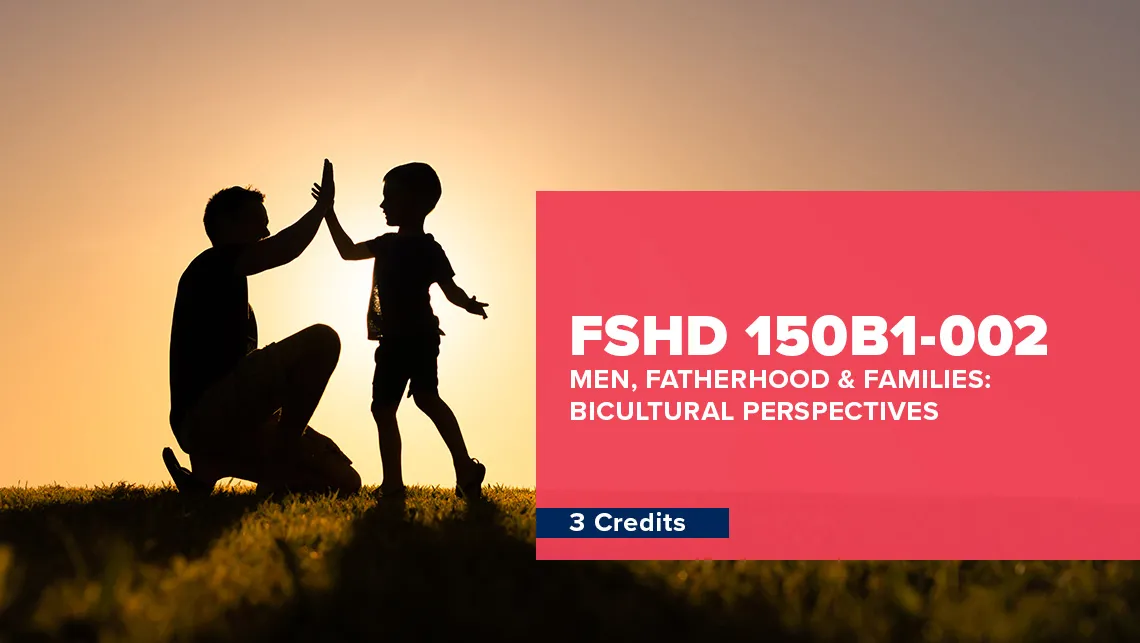

Instructor: Joel Muraco
MWF | 11:00 AM - 11:50 AM | In-Person
This course provides a synthesis of our understanding of men in their role as fathers in families from biological and cultural perspectives. The biological perspective explores the evolutionary history and adaptive dimensions of human fatherhood, including comparisons with forms of parenting and family life in other primate species, male life history strategies, and the contributions of genetic, developmental, physiological and ecological factors to fatherhood. The cultural perspective examines the ways in which fatherhood, marriage, and families vary across cultures, in relation to differences in social traditions and practices, socio-political systems, and modes of subsistence. The synthesis of these two perspectives consists of understanding socio-cultural variability in human paternal behavior in the context of human evolutionary adaptations to past and ongoing social and ecological pressures. Through in-class group activities and homework assignments students will apply current theories and data concerning fatherhood to their own lives, and will pursue their implications for society at large.

